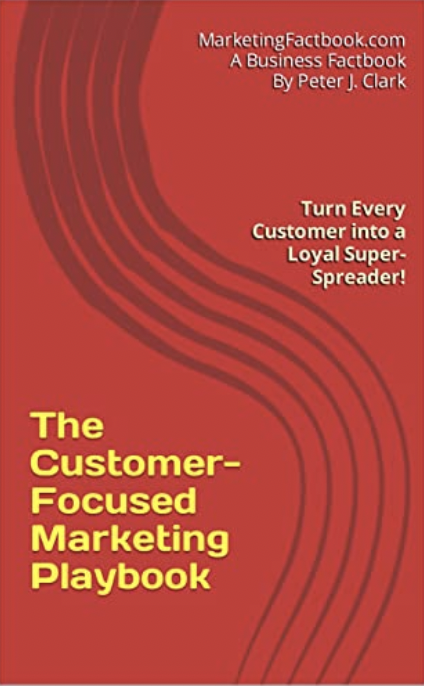Most Millennials quite happy to reveal all
With consumer privacy at the forefront of the nation's collective consciousness given the recent Target data breach and ongoing NSA spying scandal, recent research from Mintel has found that while consumers are becoming increasingly protective of their personal information, Millennials are much more prone to oversharing relative to their Baby Boomer parents.
The study found that 60% of Millennials would be willing to provide details about their personal preferences and habits to marketers, whereas Baby Boomers are much more protective of their personal information.
Interestingly enough, even for the most private of information, at least 30% of Millennials who claimed they would not provide it said they would do so after receiving an incentive offer (i.e. a US$10-off coupon toward their next purchase), whereas for Baby Boomers only 13% could be swayed by these same type of incentives.
Delving deeper into this generation gap, Mintel finds that for more tech-skewing information such as cell numbers and social media profiles, Millennials are much more likely to share this with companies than Baby Boomers (30% vs 14% and 27% vs 10%, respectively). Yet for something a little more old-fashioned, like a mailing address, the trend is reversed, with 40% of Boomers offering up this info compared to 38% of Millennials. Credit scores are the most private information across the board, with only 17% of Millennials and 8% of Baby Boomers willing to provide that information.
"What this shows is that the younger generation, who grew up in the Information Age, is clearly more comfortable with sharing those types of personal information and are far less skeptical than their parents," said Fiona O'Donnell, Mintel's category manager for retail, multicultural, lifestyles and leisure. "Millennials are predisposed to share their personal habits and contact information with marketers, but they do so only when the perceived benefits outweigh the risks. Given that their generation accounts for nearly a quarter of the population, the implications for businesses are tremendous, because as Millennials go, so goes the US economy."
Indeed, although they have less discretionary income than some of their older peers, 42% of Millennials say that buying something that makes them feel good about themselves is very important, which is significantly higher than any other generation. This number jumps to 52% of Millennial dads, suggesting that there is an opportunity for marketers to take advantage of this desire for personal and sometimes immediate gratification.
"Millennials may be more apt to share, or even overshare, relative to other age groups, but they are also the most diverse generation, so marketers must know how to take this information and tailor campaigns that will be engaging and meaningful," O'Donnell explained. "Millennials are content creators and well-known for their desire to be involved. In order to overcome the fragmentation of channels and attention, marketers and programme creators need to engage their customers."
In the ever-evolving tech landscape, there are more ways, yet less time for businesses to engage the consumer. For instance, Millennials are 64% more likely than the average adult to simultaneously multi-screen (that is, to use different types of technology-such as watching TV and searching the internet on their mobile device-at the same time). Moreover, about three in 10 Millennials would rather give up broadcast television rather than give up their mobile phone, compared to just 7% of Boomers. Millennials are 87% more likely than the average adult to say this.
"This age group is at a critical lifestage, experiencing major life-influencing events such as graduating from college, getting married, having children, establishing a career, or making their first significant purchases, making them particularly attractive to businesses. For marketers, the key to mining that precious data isn't in the raw data itself, but crafting it into a tailored, meaningful and engaging message for the Millennial consumer," concluded O'Donnell.
Sources: Mintel / The Marketing Factbook.
Copyright © 2014 - 2025 The Marketing Factbook.
Categorised as:
- Customer Experience
- Customer Loyalty
- Knowing The Customer
- Marketing Know-How
- Marketing Technology
